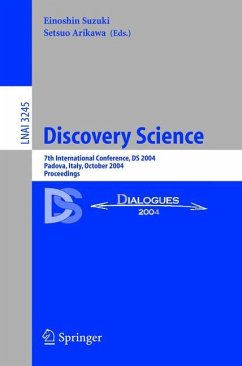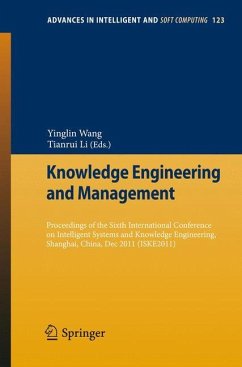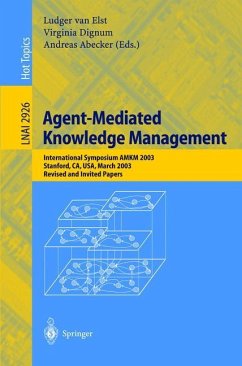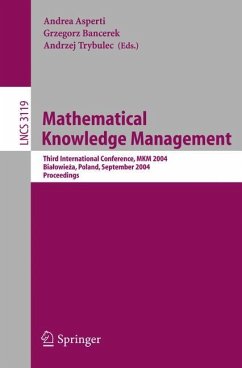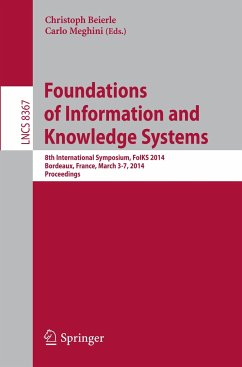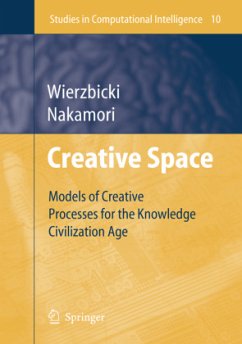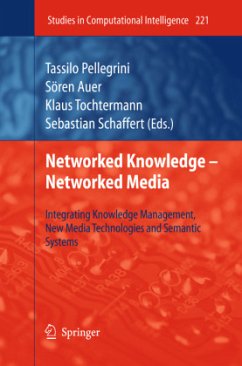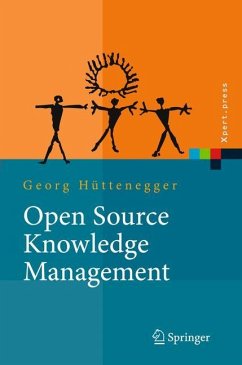
Evolution of Knowledge Science
Myth to Medicine: Intelligent Internet-Based Humanist Machines

PAYBACK Punkte
30 °P sammeln!
Evolution of Knowledge Science: Myth to Medicine: Intelligent Internet-Based Humanist Machines explains how to design and build the next generation of intelligent machines that solve social and environmental problems in a systematic, coherent, and optimal fashion. The book brings together principles from computer and communication sciences, electrical engineering, mathematics, physics, social sciences, and more to describe computer systems that deal with knowledge, its representation, and how to deal with knowledge centric objects. Readers will learn new tools and techniques to measure, enhanc...
Evolution of Knowledge Science: Myth to Medicine: Intelligent Internet-Based Humanist Machines explains how to design and build the next generation of intelligent machines that solve social and environmental problems in a systematic, coherent, and optimal fashion. The book brings together principles from computer and communication sciences, electrical engineering, mathematics, physics, social sciences, and more to describe computer systems that deal with knowledge, its representation, and how to deal with knowledge centric objects. Readers will learn new tools and techniques to measure, enhance, and optimize artificial intelligence strategies for efficiently searching through vast knowledge bases, as well as how to ensure the security of information in open, easily accessible, and fast digital networks.
Author Syed Ahamed joins the basic concepts from various disciplines to describe a robust and coherent knowledge sciences discipline that provides readers with tools, units, and measures to evaluate the flow of knowledge during course work or their research. He offers a unique academic and industrial perspective of the concurrent dynamic changes in computer and communication industries based upon his research. The author has experience both in industry and in teaching graduate level telecommunications and network architecture courses, particularly those dealing with applications of networks in education.
Author Syed Ahamed joins the basic concepts from various disciplines to describe a robust and coherent knowledge sciences discipline that provides readers with tools, units, and measures to evaluate the flow of knowledge during course work or their research. He offers a unique academic and industrial perspective of the concurrent dynamic changes in computer and communication industries based upon his research. The author has experience both in industry and in teaching graduate level telecommunications and network architecture courses, particularly those dealing with applications of networks in education.




